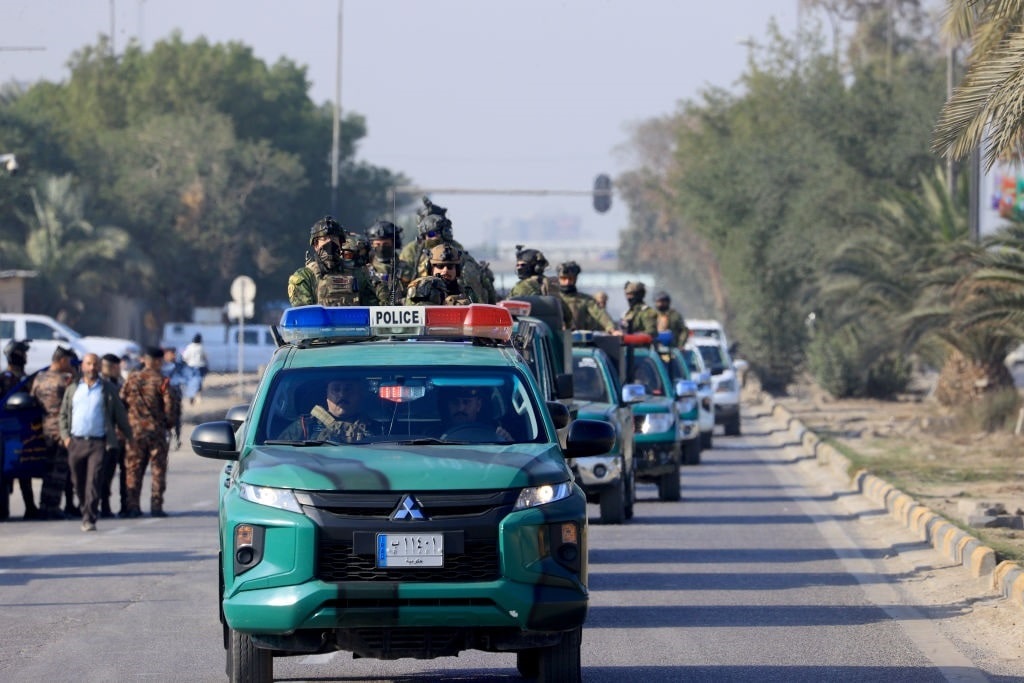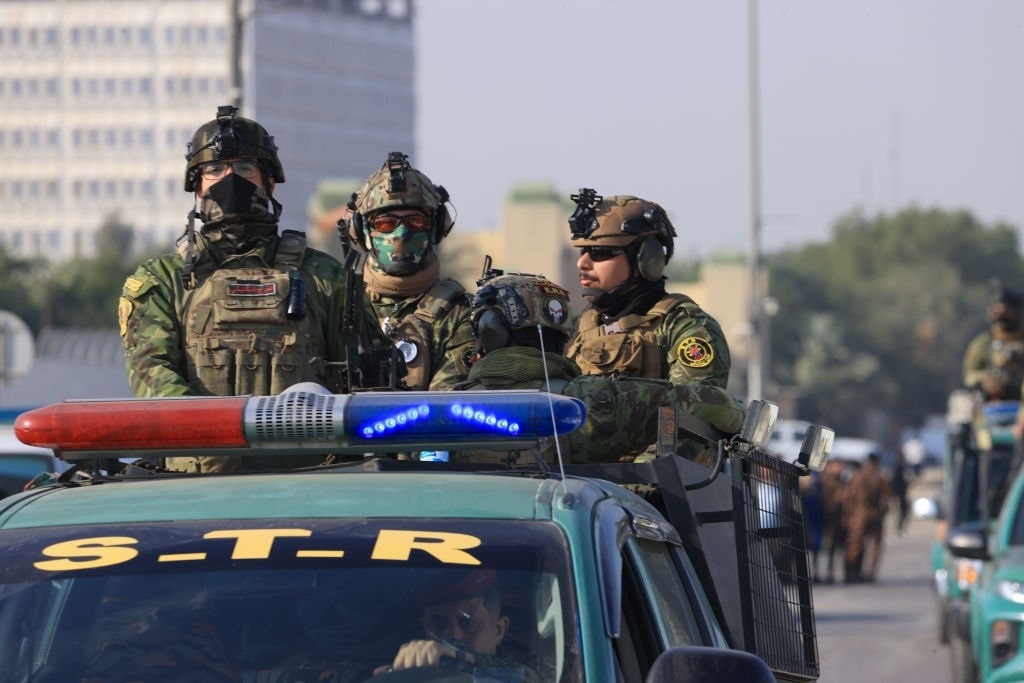Despite US military direct responses to Iran-backed militia attacks on US forces in Iraq and Syria being infrequent, America has retaliated against a key militia leader. According to early reports, a precision air strike in Baghdad killed a high-ranking Popular Mobilization Force (PMF) leader responsible for logistics and operational support for the over 100 attacks on US military outposts and bases in Iraq and Syria.
Deadly Air Strike Takes Out Major Militia Leader
The air strike on the Iran-supported PMF demonstrates a willingness on the part of the US to reach out and deal with threats to American ground forces in the region. The Associated Press, in an initial report on the US retaliatory action, explained:
a statement that its deputy head of operations in Baghdad, Mushtaq Taleb al-Saidi, or ‘Abu Taqwa,’ had been killed ‘as a result of brutal American aggression’… US forces conducted a strike on a vehicle in Baghdad on Monday against the group Harakat al-Nujaba. The group, one of the militias within PMF, was designated a terrorist organization by Washington in 2019.”

(Photo by Murtadha Al-Sudani/Anadolu via Getty Images)
Defense Department press secretary Air Force Major General Patrick Ryder explained to the Pentagon press corps that at 12:00 p.m. Baghdad time, US forces engaged in a “self-defense strike,” killing the PMF militia leader. This individual was “personally involved in planning and execution of attacks” against US personnel in Iraq and Syria.
When asked about what kind of a strike the operation was, Ryder refused to get into the details of the mission. However, the fact that the mission took out a single vehicle suggests an Unmanned Aerial Vehicle firing a precision-guided Hellfire missile did the deed.
Not only was Abu Taqwa killed, but three members including a close associate in his Iran-aligned militia terrorist group died in the attack. This is similar to the January 3, 2020, attack on Iran’s master terrorist, General Qassim Suleimani, who was killed with a precision missile while riding in an automobile near the Baghdad airport.
Iran-sponsored attacks on US forces and Tehran-backed Houthi terrorist drone and missile attacks from Yemen on Red Sea international merchant shipping have raised tensions in the region. Additionally, the ISIS initiated bombing in Kerman, Iran, recently killing scores of attendees at, ironically enough, a fourth-anniversary celebration and memorial for General Suleimani, has put Iran on high alert and strained the level of worry over escalating hostilities in the Arabian Gulf area.
US Sends Two Clear Messages
When the US carries out an operation like the air strike assassination of a known threat to American forces, it sends two messages. The first is that bad actors attacking Americans have nowhere to hide. The second and most important message is that the US will kill you. The result is that enemies must constantly look over their shoulders and movements are significantly restricted. But as some critics of the Biden administration maintain, the US is slow to respond. “I’m glad he finally hit back, but he should do it earlier in the cycle. His (Biden) red line seems to be if a US troop or US contractor gets hit, injured, or killed, then the United States will hit back,” former National Security Council member Michael Allen told Fox News.
The air attack on one of Iran’s most dangerous puppets in the region is a step in the right direction. In public comments, Biden’s national security team has consistently worried about the escalation of the Israel-Hamas war. What has been obvious from the start, however, is that the Iran-sponsored enemies of Israel have already escalated the conflict despite American assertions to the contrary. The US military can direct and manage the escalation when the US acts first.
The views expressed are those of the author and not of any other affiliation.




